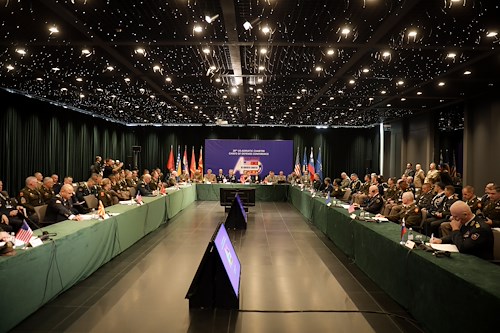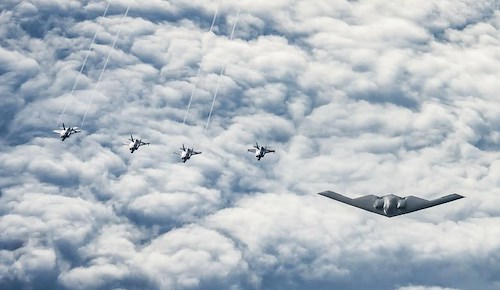ECPA: How does the influenza (flu) season affect the COVID-19 situation?
Kobelja: The conditions during the cold months lead people to spend more time in groups indoors and contribute to the seasonal increase in influenza. These same conditions may also lead to further increases in COVID-19 during the influenza season, as both diseases are transmitted by respiratory droplets between individuals in close contact. So continuing health protection practices is extra important now.
Influenza causes respiratory symptoms such as coughing and fever that are similar to COVID-19, so it can be difficult to differentiate the two diseases based on symptoms alone. Testing for COVID-19 and influenza will be needed to diagnose individuals with respiratory symptoms and advise on needed treatment, isolation, and quarantine.
The influenza season in addition to the currently increasing COVID-19 cases could also overwhelm healthcare facilities due to the numbers of people needing care at the same time.
ECPA: What can people do to protect themselves from COVID-19 and influenza?
Kobelja: Measures to protect yourself from COVID-19 will also protect you from influenza, since both are caused by viruses that are primarily transmitted through respiratory droplets between individuals in close contact. Maintaining distance, wearing masks or cloth face coverings, washing hands, and cleaning high-touch areas all prevent transmission of both COVID-19 and flu.
The annual influenza vaccine is a critical preventative effort every year, but especially this year with the ongoing COVID-19 pandemic. The flu vaccine reduces the number of flu infections, and decreases severity of illness. Flu vaccine helps keep people with flu out of the hospitals, decreasing pressure on health care systems that also need to care for those with COVID-19.
As rates of COVID-19 infections rise, we need to reinforce some of the social measures that we know break the chain of infection. These include not having parties or large events, and avoiding areas with a lot of people in close contact.
ECPA: How are we working with the local community to prevent the spread of COVID-19?
Kobelja: We value our partnerships with our host nations where we live and work. Across the USEUCOM AOR, our DoD Military Treatment Facilities maintain relationships with the local area health authorities for public health coordination. Our medical teams work closely with their host nation counterparts to coordinate contact tracing efforts and share information about positive cases as required by status of forces agreements with each nation. To protect our on and off-post communities we align our guidance and policies with each host nation.
ECPA: Do you have anything else you’d like to let people know about health protection?
Kobelja: Another key point is that people really need to stay home when they are sick. As mentioned, it will be difficult to distinguish between different respiratory illnesses based on symptoms alone. Now is not the time for a “tough it out” mentality – going to work sick potentially puts others at risk of COVID-19, flu, or other illnesses.
The measures to protect ourselves from COVID-19 are simple and well known. Continued vigilance is required to keep our communities safe as we navigate the ongoing pandemic.
Visit the USEUCOM COVID News Updates page for more information.




